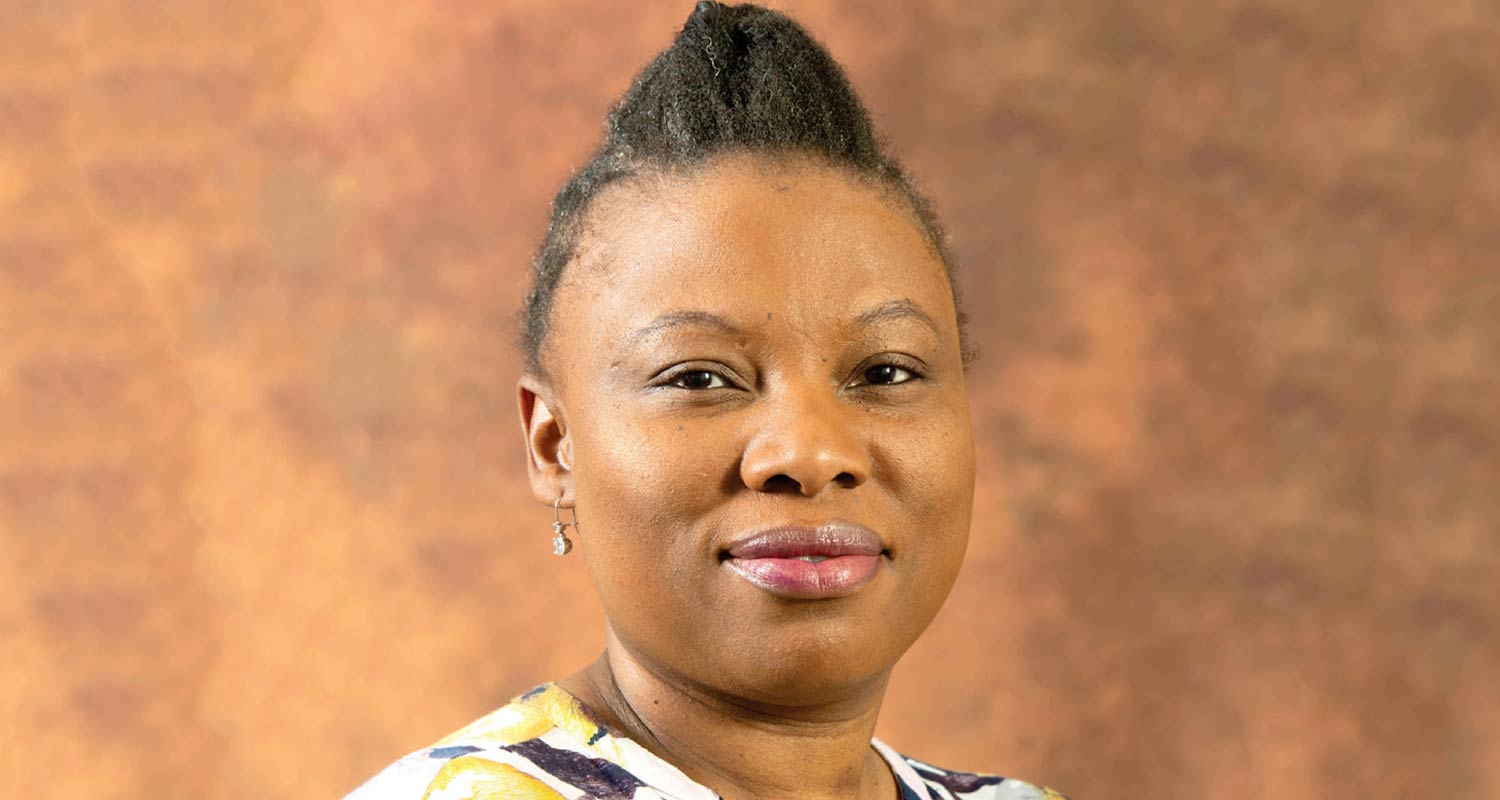 Telecommunications industry lobby group the Association for Comms & Technology (ACT) has warned government against rushing operators into switching off their legacy 2G and 3G networks.
Telecommunications industry lobby group the Association for Comms & Technology (ACT) has warned government against rushing operators into switching off their legacy 2G and 3G networks.
Nomvuyiso Batyi, CEO of ACT, which represents the country’s big telecoms providers, has warned government not to rush network operators into “sunsetting” their 2G and 3G networks because this risks marginalising millions of users who rely on legacy technologies.
“The opportunities that next-generation technology bring must be carefully balanced with a carefully executed transition,” Byati wrote in an opinion piece published in a weekend newspaper. “This transition must be enabled by the state and led by the industry, taking into account market conditions and other realities.”
Network operators are driven to rationalise their network profiles to include only newer-generation technologies such as 4G and 5G because this simplifies network management and reduces costs. Newer technologies tend to use scarce spectrum and energy more efficiently. According to a report by the GSMA, the bulk of network management costs relate to energy consumption.
But the operators also find themselves in a catch-22 situation when it comes to deprecating legacy networks, with the potential savings from next-generation technologies at odds with losses in revenue collected from the millions of users who rely on 2G and 3G services, especially those living in remote and rural areas.
According to Batyi, the ACT believes that government’s revised deadline of 31 December 2027 for 2G and 3G switch-off risks alienating poorer communities and will contribute to widening the digital divide in South Africa. Instead of imposing hard deadlines, said Batyi, the government should assist by driving community programmes on digital skills and improving awareness to help speed-up the transition to newer technologies.
Device affordability
At its core, however, the pace of the transition to 4G and 5G networks is determined by device affordability, especially in the lower segments of the market. Smartphones, which are mostly imported, are classified as a luxury good and taxed at 15%, with an additional 7% duty attached to them.
“For example, a device priced at R10 000 would immediately attract another R2 750 in taxes. The incentives for operators to upgrade their networks are low if consumers cannot afford to make use of the more advanced technologies. And it is unlikely poorer South Africans will be able to upgrade to smartphone devices without government intervention,” said Batyi.
Read: Why South Africa may be stuck with 2G for longer
Lunga Siyo, CEO of Telkom’s consumer business, told TechCentral in November that one of the ways the operator was incentivising the upgrade from feature phones to smart, 4G-capable devices was through a subsidy scheme that relied on making the revenue back through data and airtime spend over time. But the mobile landscape is also experiencing a shift from post-paid to prepaid, with consumers likely to switch operators more often, too.
“A lot of operators have moved away from subsidising devices because it has become too expensive. Also, customers tend to switch between operators, so you don’t have a guarantee that you will get the revenue. That’s why we have been pushing OEMs to make devices at the US$40 price point instead of $80,” he said.

But even as OEMs (original equipment manufacturers) push to make cheaper, next-generation devices, import taxes add a significant amount to the total cost.
Another concern for the ACT is the 11.5 million machine-to-machine devices that use 2G or 3G connections. Many of these devices are in hard-to-reach parts of the country, making it difficult and expensive to replace them. These include smart meters and vehicle tracking systems.
“Outside of the consumer issue, the impact of machine-to-machine and internet-of-things devices that depend on 2G and 3G networks must be carefully considered as this process unfolds,” said Batyi. – © 2024 NewsCentral Media

